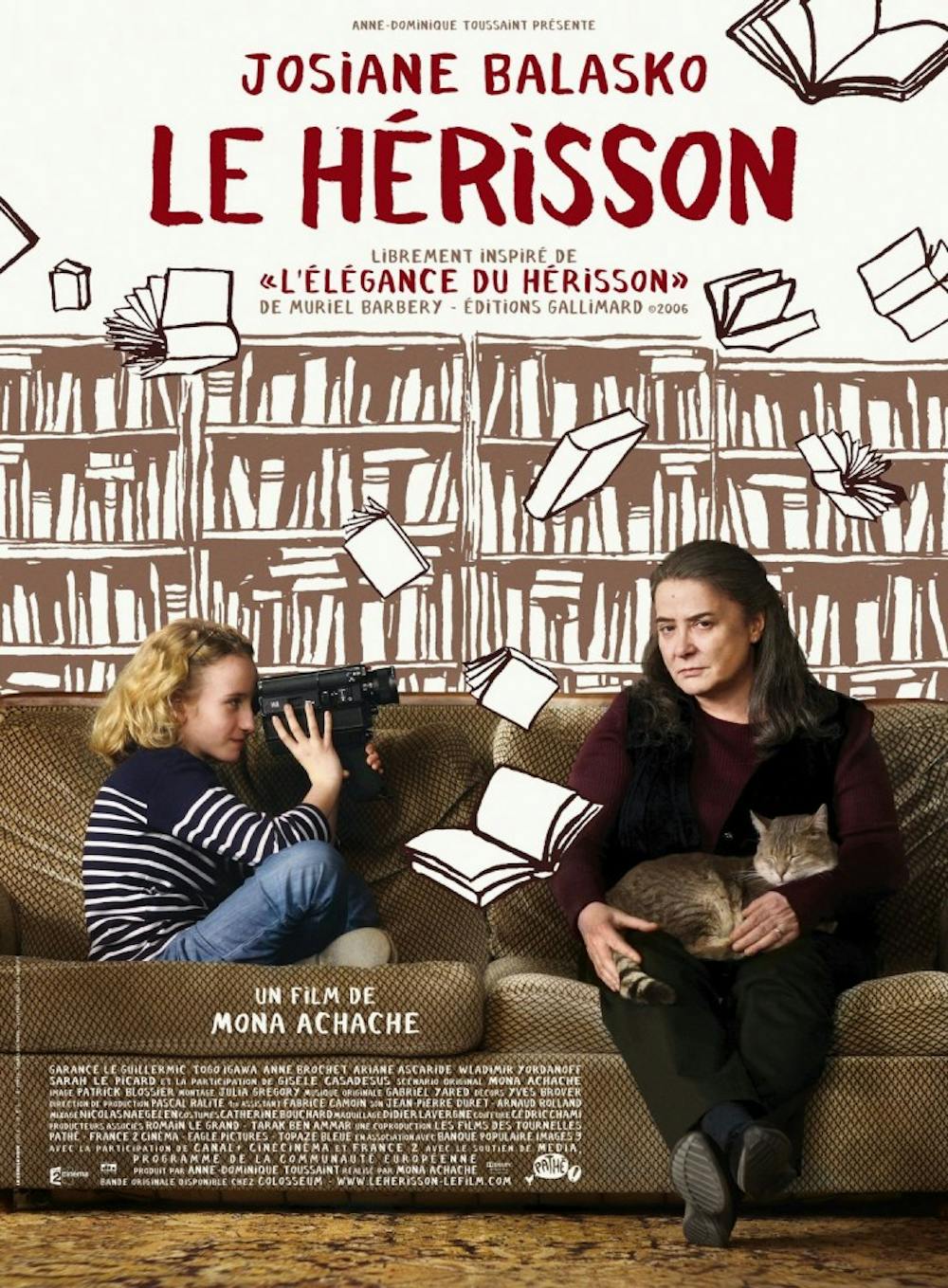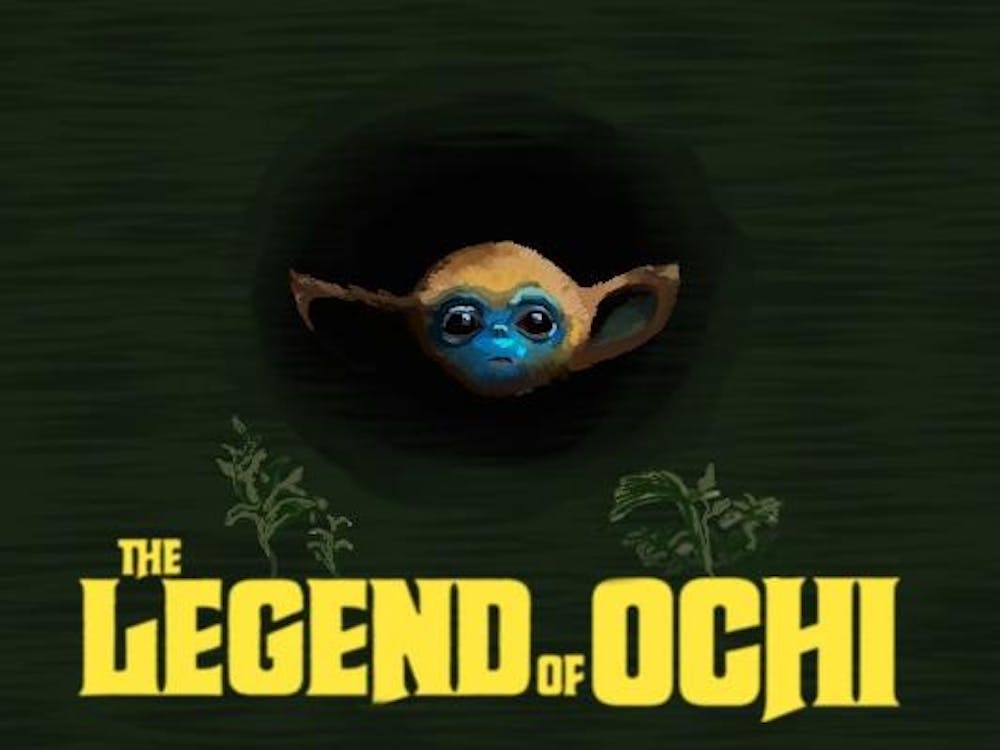The joie de vivre embodied by French filmmakers — especially during the silent era and the dawn of the New Wave — has profoundly altered the course of cinematic history. Fortunately for readers who have not yet been exposed to the brilliant works that continue to emerge from this separate universe of film, the University’s French Department is introducing the U.Va. French Film Festival, which will run Feb. 21-24 and will feature five critically acclaimed motion pictures.
If you saw 2011’s The Artist, winner of five Academy Awards including Best Picture and Best Director, then you’ve surely noticed that French cinema does not belong solely to the archives and dusty shelves of the past. Drawing from a legacy of raw emotional imagery and envelope-pushing techniques, directors like Michel Hazanavicius have enlivened the artistic world with challenging and provocative projects. Most of these modern masterworks remain entirely unseen and unnoticed by American audiences, who seem to largely lack either access to or interest in these spellbinding stories. The festival seeks a solution to these problems by initiating dialogue about French film, literature and culture between students, professors and the Charlottesville community. All five films promise to impress movie buffs and cinematic neophytes alike.
Thursday, Feb. 21, 7 p.m., City Council Chambers: Les femmes du 6ème étage (The Women on the Sixth Floor) depicts a conventional 1960s French family and explores the flexibility of social norms when a group of Spanish maids move into their apartment building.
Friday, Feb. 22, 7 p.m., City Council Chambers: Les hommes libres (Free Men) tells the little-known World War II story of an Algerian immigrant who, after befriending a Jewish rector, decides to support the French Resistance.
Saturday, Feb. 23, 2 p.m., Nau Auditorium: La grotte des rêves perdus (The Cave of Forgotten Dreams) documents the stunning footage inside the Chauvet Cave, which contains some of humanity’s earliest cave paintings.
Saturday, Feb. 23rd, 7 p.m., Nau Auditorium: L’enfer d’Henri-Georges Clouzot (Henri-George Clouzot’s Inferno) was a project abandoned in 1964, before being presented as a full-length semi-documentary by Serge Bromberg in 2009. Exploring jealousy and fidelity in marriage, the making of the film proves just as tumultuous as the subject.
Sunday, Feb. 24, 1 p.m., Jefferson-Madison Regional Library: Le hérisson (The Hedgehog) depicts a jaded 11-year-old girl, Paloma, who has decided to take her life on her next birthday. Paloma must learn to live out her childhood through the compassion of two eccentric residents in her building. A discussion will follow the screening about the adapted novel “The Elegance of the Hedgehog” by Murial Barbery with coffee and waffles.
Tackling true stories from the past, narratives of historical fiction, coming-of-age tales and thoughtful documentary perspectives, the festival stands poised to introduce audiences to a wide range of dramatic forms and technical strategies, while showcasing the unifying themes of modern French cinema. Like The Artist and other contemporary French classics such as The Class and La Vie En Rose, these films all appear to wrestle with issues of reconciling the old with the new, as well as with finding a way to come to terms with both the past and the future.
For French filmmakers, of course, these thematic concerns are only natural, considering France is the birthplace of the cinematic art form as we know it. When L’Arrivée d’un train en gare de La Ciotat, a 50-second black and white silent film from 1895 and one of the first films ever created, was originally displayed on the big screen, audiences reportedly panicked, fearful that a train shown through the projector was going to burst through the screen and hit them. While we can’t hope to ever experience a moment so miraculous and overwhelming as this legendary cinematic opening, this week’s festival will surely still make for some scenes of movie magic.







